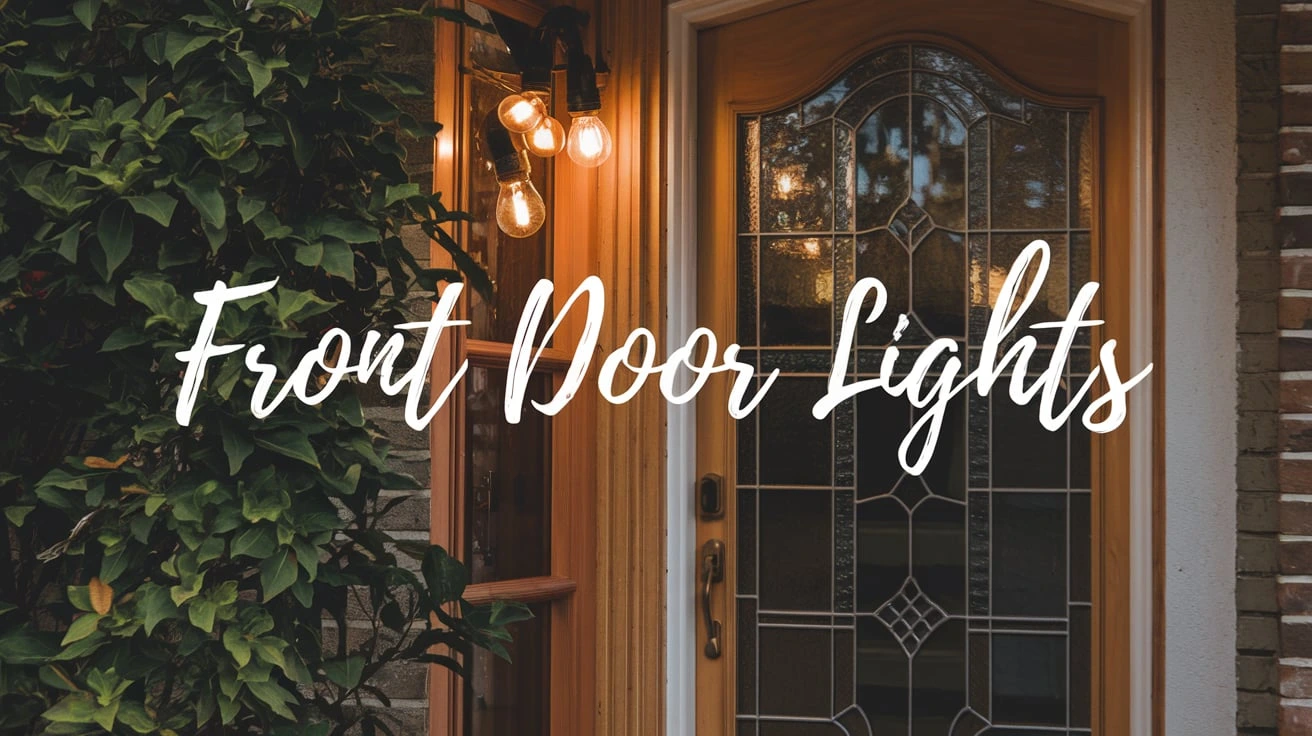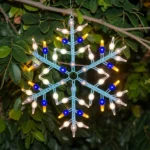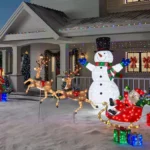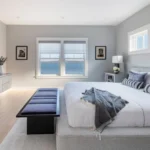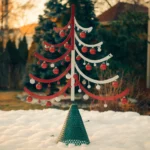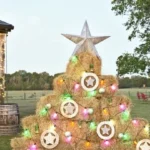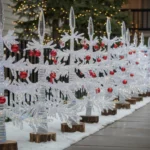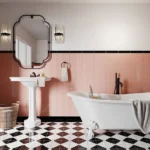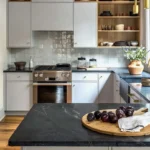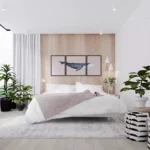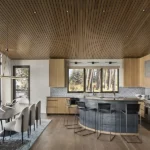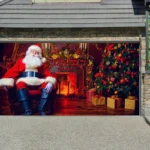Choosing the best front door lights is essential for enhancing your home’s security, curb appeal, and welcoming atmosphere. The right lighting can significantly impact both safety and aesthetics, making it a vital consideration for any homeowner. This article delves into various types of front door lights, criteria for selection, installation insights, and upkeep recommendations.
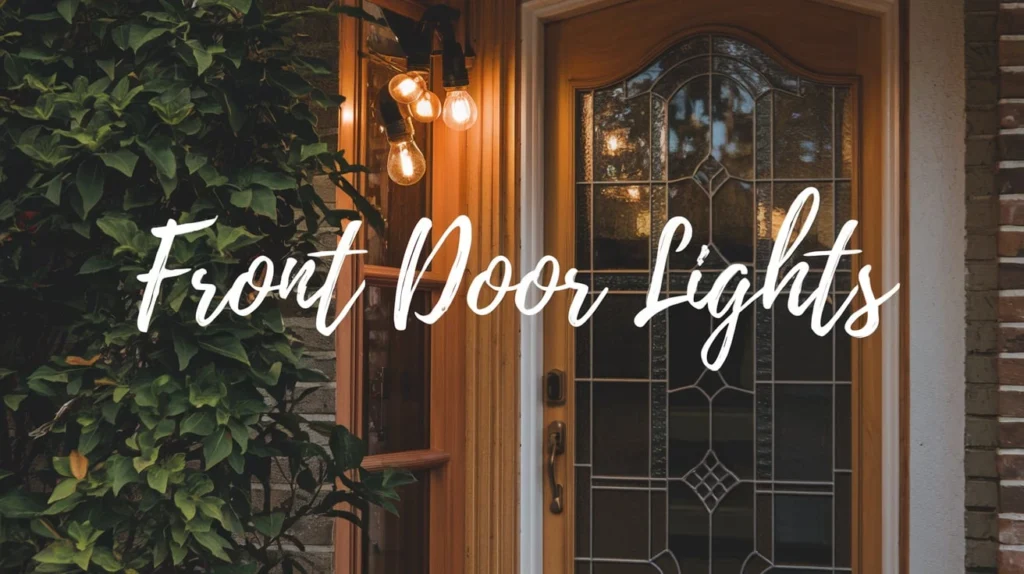
Content
The Significance of Front Door Lighting
Effective front door lighting serves several key purposes. Primarily, it acts as a deterrent against intruders. Research shows that well-lit entryways can discourage criminal activity, as over 60% of burglars consider lighting when selecting a target
Additionally, strategically placed lights enhance the visual appeal of your home, contributing to a polished and inviting exterior
The presence of lights can transform your entryway into a warm and welcoming space for guests.
Exploring Various Front Door Lighting Options
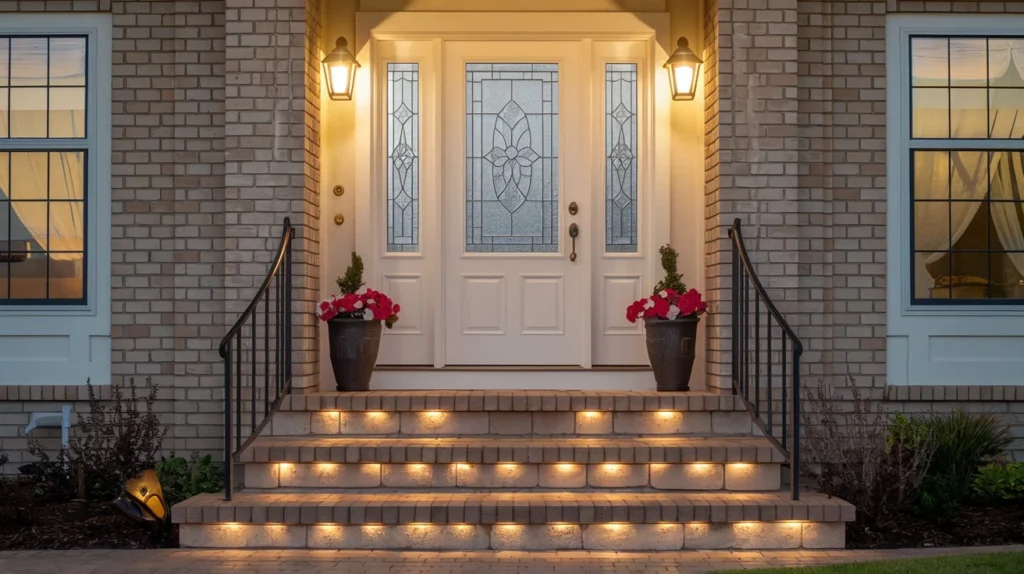
Wall-Mounted Fixtures
Wall-mounted lights are a prevalent choice for entryways, offering a wide array of styles, from traditional lanterns to contemporary sconces. These fixtures can be tailored to match the architectural design of your home, enhancing its overall aesthetic.
Post Lights
Post lights are ideal for illuminating pathways leading to your front door. Positioned on elevated posts, these fixtures not only enhance safety but also add a charming element to your landscape.
Recessed Lighting
For those seeking a sleek and unobtrusive look, recessed lighting is an excellent option. Installed into ceilings or walls, these fixtures provide subtle illumination without detracting from your home’s design.
Smart Lighting Solutions
As technology advances, smart front door lights have gained popularity. These systems offer features such as remote control via smartphone apps, motion sensors, and energy-saving capabilities, making them both convenient and efficient.
| Type of Lighting | Description | Advantages | Disadvantages |
|---|---|---|---|
| Wall-Mounted Fixtures | Attached to walls, available in diverse styles. | Versatile styles, straightforward installation. | May require electrical work. |
| Post Lights | Mounted on elevated posts for pathway illumination. | Increases visibility, adds aesthetic charm. | Requires adequate space for placement. |
| Recessed Lighting | Built into surfaces for a clean appearance. | Minimalist design, saves visual space. | Installation can be complex. |
| Smart Lighting Solutions | App-controlled with motion sensors. | Enhanced control and energy efficiency. | Typically higher initial investment. |
Criteria for Selecting Front Door Lights
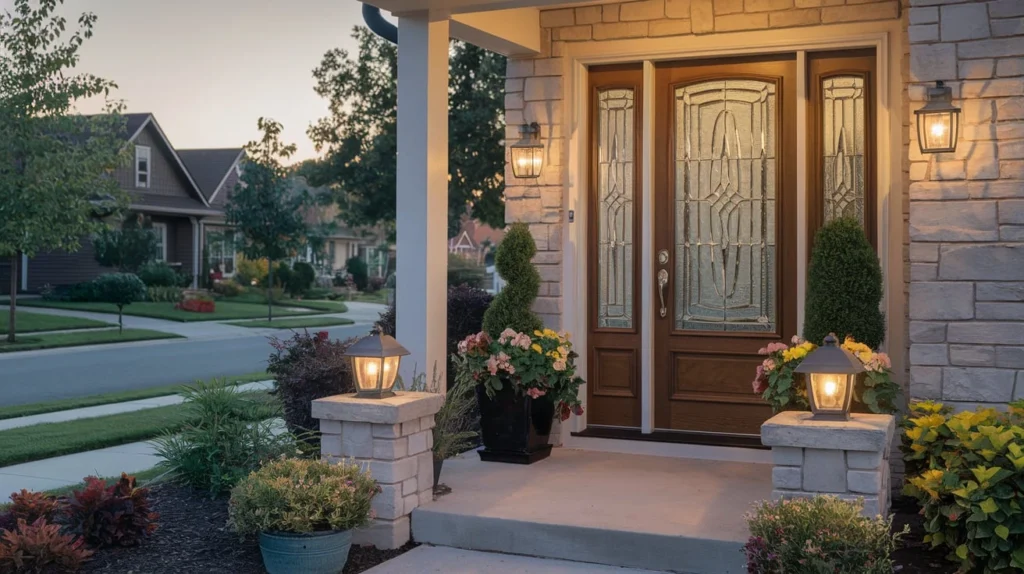
Assessing Style
When determining the ideal front door lights, it is crucial to consider the architectural style of your home. Choose fixtures that complement your exterior design, whether modern, classic, or rustic.
Balancing Functionality and Aesthetics
Finding a harmonious balance between functionality and visual appeal is essential. Ensure that the lights not only provide sufficient brightness for safety but also enhance the home’s overall design.
Emphasizing Energy Efficiency
Opting for energy-efficient options such as LED lights is not only environmentally friendly but also cost-effective in the long run. LED fixtures consume less energy and boast longer lifespans, reducing maintenance frequency.
Ensuring Weather Resistance
Front door lights should be constructed from durable materials capable of withstanding various weather conditions. Selecting fixtures designed for outdoor use can prevent rust and damage over time.
Installation Insights
DIY vs. Professional Assistance
Deciding whether to install the fixtures yourself or hire a professional can impact both cost and safety. While DIY installation can save money, complex electrical work is often best handled by a licensed electrician to ensure compliance with safety standards.
Installation Steps
For those opting for a DIY approach, the following steps can guide the process:
- Turn off the power at the circuit breaker to avoid any risk of electric shock.
- Mark the installation location and drill holes as needed.
- Connect the wiring according to the manufacturer’s guidelines.
- Secure the fixture in place and restore power to test functionality.
Prioritizing Safety
Safety should always be the foremost consideration when working with electrical installations. Utilize insulated tools and protective gear to mitigate risks. If uncertainty arises, consulting a professional is advisable.
Upkeep and Maintenance of Front Door Lights
Regular Cleaning
Maintaining front door lights involves regular cleaning to ensure optimal performance. Dust and debris can accumulate, diminishing brightness. Utilize a soft cloth and mild cleaning solution to keep fixtures in good condition.
Replacing Bulbs
Timely replacement of burnt-out bulbs is essential. For LED lights, although they have a longer lifespan, monitoring performance is crucial to maintaining effective illumination
Addressing Common Issues
Common problems may include flickering lights or complete fixture failure. Inspect connections and replace bulbs as necessary. If issues persist, professional assistance may be required.
Conclusion
Choosing the best front door lights is a pivotal step in enhancing your home’s security, aesthetic appeal, and overall inviting ambiance. By comprehending the various lighting options, assessing essential criteria, and following installation and maintenance guidelines, you can make informed decisions that elevate your home’s exterior. Explore diverse options and consider consulting with local retailers or online platforms to find the perfect fixtures for your entryway.
Addressing Common Questions
1. What wattage is best for front door lights?
The appropriate wattage varies based on the fixture type and illumination needs. Typically, a range of 60 to 100 watts is effective for providing adequate lighting.
How do I determine the right size for my entryway?
The size of the fixtures should be proportionate to the scale of the door and surrounding architecture. Larger doors generally necessitate more substantial fixtures for visual balance.
Is it safe to use indoor lights outdoors?
Indoor lights should not be used outdoors due to exposure to weather elements. Always select fixtures that are rated for outdoor use.

Elena Mohr is a dedicated home blogger who has been blogging for over six years. She covers everything home related. Elena also loves writing posts about her travels to Europe with her husband and two children.
